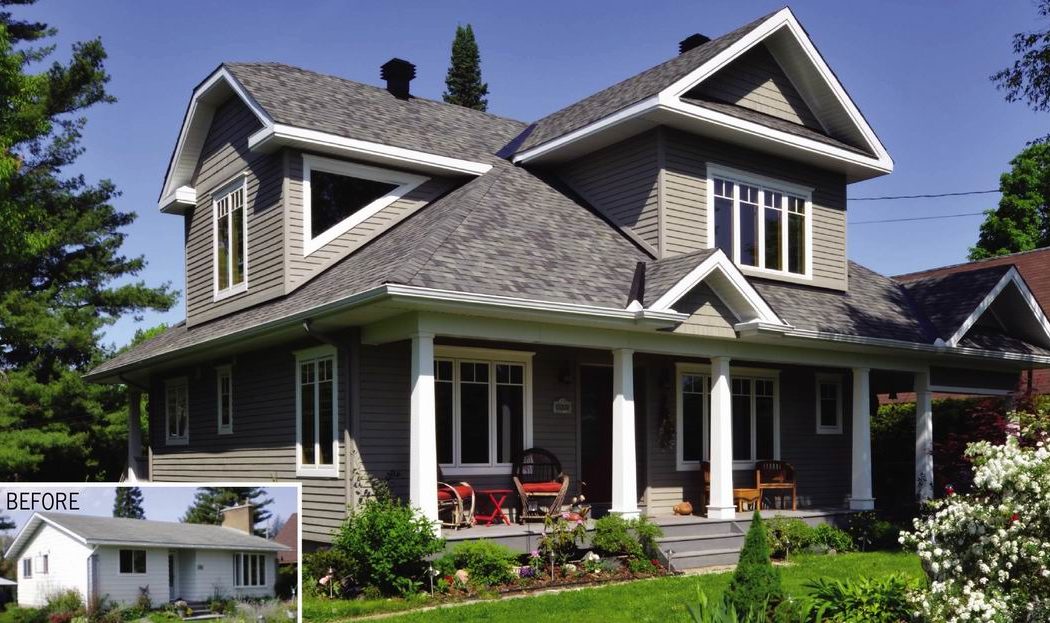In my last column, I discussed the need for renovating the city’s existing housing stock to accommodate our aging population who wish to stay in their homes, the types of renovations that need to be considered, and how the city and renovators need to work together to facilitate age-related modifications to a significant portion of older homes.
This time I’d like to talk about the other growing demand for home renovations that we see — improving a home’s energy efficiency. Energy efficiency in housing is extremely important to the future quality of life in the City of Ottawa.
In September, the city’s environment committee will receive a report on Energy Evolution, a city initiative to create pathways to reduce energy consumption and promote the use of renewable energy in:
- Existing residential/non-residential buildings
- New residential/non-residential buildings
- Transportation
- Demand-side management, and
- Energy storage and energy from waste.
The Energy Evolution initiative is responsible for identifying actions required in order for the city to fulfil its commitment to reduce greenhouse gas (GHG) emissions 80 per cent lower than 2012 levels by 2050.
The energy performance of a home built today is 37 per cent better than a home built in 1990, and 47 per cent better than a home built in 1985. About half of the homes across Canada were built before 1985, so the biggest opportunity to reduce GHG emissions and improve energy performance in the housing sector is to renovate existing homes.
Tackling the envelope
This goes beyond replacing leaky doors and windows and upgrading furnaces — for some homes it’s going to mean addressing the building envelope or adding exterior insulation.
The first step to any renovation is to get an energy audit. A qualified energy audit professional will give you a report that explains how well your house currently performs and a list of specific steps that can be taken to increase performance.
You can choose to do some or all of the recommended actions, but it takes the guesswork out of upgrading an older home. You’ll also know exactly where your deficiencies lie when it comes time to sell your home.
Bring back the tax credit
For its part, the Greater Ottawa Home Builders’ Association (GOHBA), which is the voice of Ottawa’s housing industry, supports the federal government expanding the EnerGuide Rating System in order to require an energy performance measurement for every home. The association is also pursuing the return of the home energy retrofit tax credit to encourage homeowners to complete energy efficiency-related renovations.
Finally, GOHBA is working with Natural Resources Canada to encourage energy renovations up to a Net Zero performance level (at which point a home produces as much energy as it consumes), which will become the National Building Code standard in 2030.
The City of Ottawa needs to continue to work with the association and the renovation industry, and learn from the successful energy-efficient innovations already in place, as it develops the Official Plan to help achieve its GHG reduction commitments.





